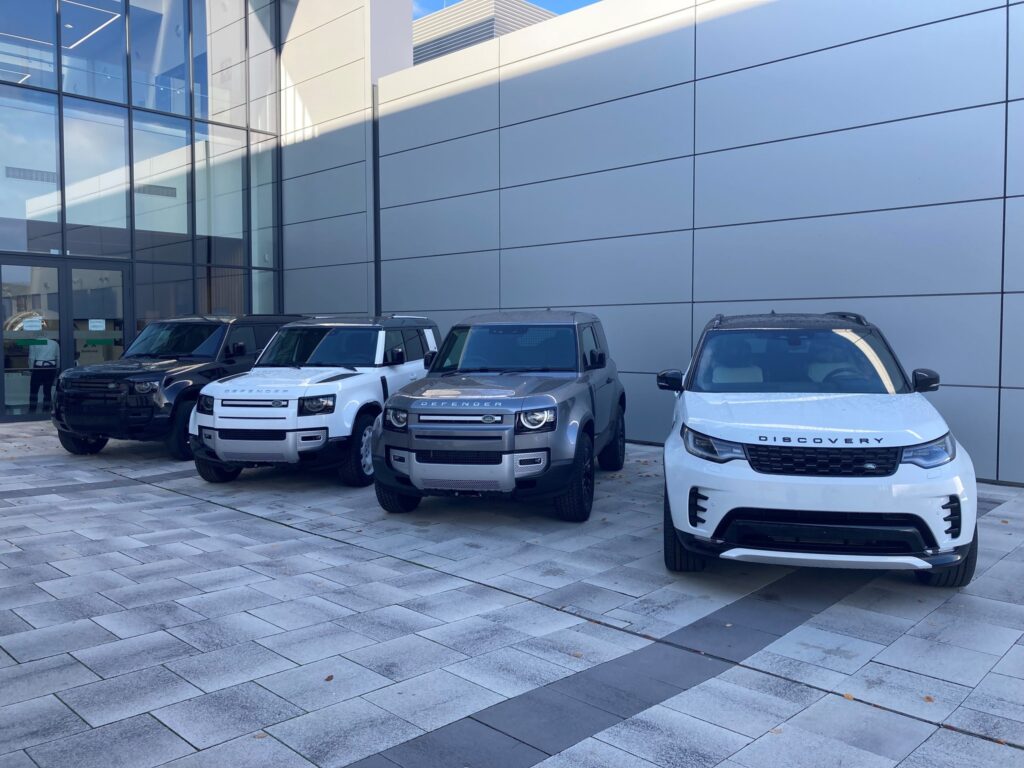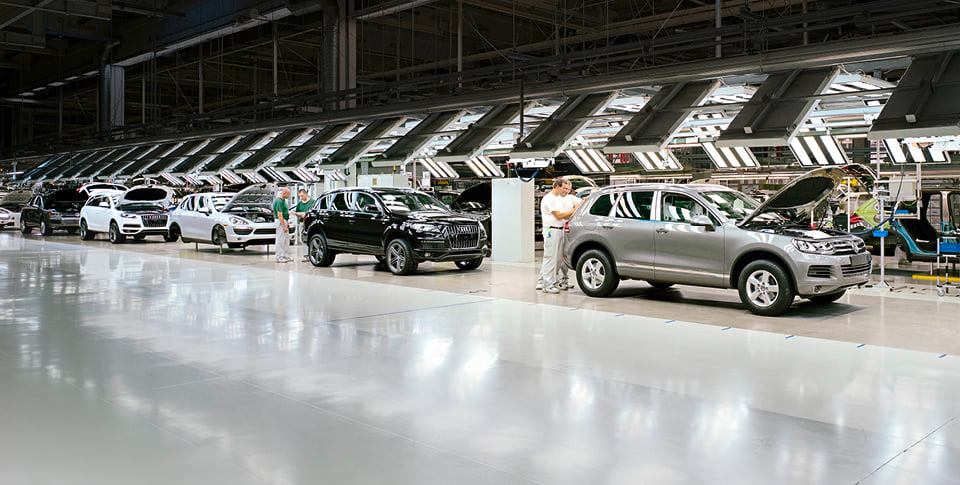A small landlocked country in the heart of Europe seems uniquely exposed to President-elect Donald Trump's "America First" economic agenda. Dubbed the 'Detroit of Europe' for its thriving car industry, Slovakia produces more cars per capita than any other country in the world.
Trump's promise to impose an across-the-board 10% or 20% tariff on all goods imported into the US threatens to damage the central European country's reputation as a world leader in car manufacturing.
The incoming US president promised on Monday to impose new tariffs on China, Canada and Mexico as one of his first steps in office. The measures include an additional 10% tariff on all Chinese products imported into the US and a 25% tariff on all goods coming from Canada and Mexico.
The fact that Europe was not mentioned in Trump's first tariff announcement will be seen as welcome news by European Union policymakers, although the 27-nation bloc is likely concerned that it is only a matter of time before Trump turns his attention to the region's automotive sector.
This is a big problem for Slovakia. A country of just 5.5 million people is heavily dependent on US trade, with cars making up a significant proportion of its exports to the US and the sector indirectly employing more than 250 000 people.

"Slovakia has turned into the Detroit of Europe," he told CNBC by phone Vladimír Vaňo, chief economist at Globsec, a think tank based in the Slovak capital Bratislava.
"In 1990, after the fall of the Iron Curtain, Slovakia produced exactly zero cars. But it was very strong in what we like to call in our local language special production, which is just a nice way of saying arms production, armoured vehicles, tanks and whatnot," Vaňo said.
The German company Volkswagen was the first car company to recognise Slovakia's potential for engineering and manufacturing, said Vaňo, who started by assembling gearboxes and then quickly expanded into the production of complete vehicles.
A number of automotive companies have decided to take advantage of Slovakia's great potential for engineering and manufacturing. Volkswagen, Peugeot from the Stellantis group, Kia from the Hyundai group and Jaguar Land Rover, which is part of the Indian company Tata Motors, have opened factories there.
Swedish company Volvo has announced that it wants to become the fifth carmaker operating in the country in 2022 and plans to open a climate-neutral factory in eastern Slovakia in 2026. Volvo said the 1.2 billion-euro ($1.26 billion) plant will produce only electric cars.
Slovakia seems to have done very well with car production so far, but now faces some challenges.
Arushi Kotecha, automotive analyst at the Economist Intelligence Unit
Asked to what extent Slovakia should be concerned about the prospect of Trump's tariffs, Vaňo replied: "That's right: It's disturbing. But it's kind of a wait-and-see, limp-wristed approach."
He added that while it seems Slovakia can do "very little" in the short term, the country's carmakers have proven in the past to be relatively good at dealing with challenges.

Challenges for the future
In addition to Slovakia, the crisis-hit German car industry is likely to be very vulnerable to Trump's tariffs.
Europe's largest economy is by far the biggest exporter of passenger cars to the US in the region, with exports last year amounting to €23 billion, according to data from statistics agency Eurostat and ING Research. This represents 15 % of total German exports to the US.
Rico Luman, chief sector economist for transport and logistics at Dutch bank ING, said the prospect of US tariffs on European cars is likely to make a bad situation in Germany even worse.
"It's the heart of the manufacturing industry, isn't it?" Luman told CNBC television via video interview. "So the automotive industry is ultimately linked to the steel and chemical industries, so there's a whole supply chain involved."
Slovakia is the third largest European exporter of passenger cars to the USA, alongside Sweden, and will export cars worth four billion euros to the USA in 2023.
It is noteworthy, however, that Slovak passenger car exports account for almost three-quarters (74 %) of total exports to the US, leaving the country acutely exposed to the looming threat of Trump's tariffs.
"Slovakia has obviously done very well with car production so far, but now faces some challenges," told CNBC via video interview Arushi Kotecha, automotive analyst at the Economist Intelligence Unit.
Kotecha said European lawmakers are trying to maintain their position by not allowing Chinese car companies like BYD to penetrate too much into the regional market, both in terms of sales and investment.
"At least in the case of the Chinese, there is certainty because the tariffs happened, China retaliated ... so the China part is done - but of course there is some uncertainty that comes with Trump's election," Kotecha said.
"The trouble with Trump is that he makes a lot of threats, but he doesn't always follow through - or the degree to which he follows through varies," She added.

A spokesman for the European Commission, the EU's executive body, referred CNBC to a statement by European Commission President Ursula von der Leyen, who congratulated Trump on his election victory, when asked to comment on the prospect of US tariffs.
"The European Union and the United States are more than just allies," von der Leyen said in a statement on 6 November.
"Let's work together on a transatlantic partnership that will continue to benefit our citizens. Millions of jobs and billions in trade and investment on both sides of the Atlantic depend on the dynamism and stability of our economic relationship," She added.
CNBC/ gnews - RoZ
PHOTO - Facebook SARIO



